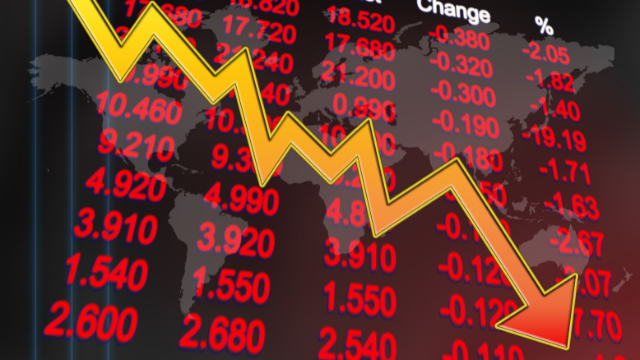The war between Russia and Ukraine may cause the global recession in 2023. However, next year’s global recession is not predicted to impact Indonesia directly.
Lecturer of SBM ITB, Deddy Priatmodjo Koesrindartoto, said that Indonesia would not directly experience the extreme impact of the global recession because it did not depend on commodities from the conflicting countries. The countries in Europe and beyond will experiences the direct effects of the Russian-Ukrainian conflict because of their dependence on essential commodities, such as gas and wheat. The war between the two countries has disrupted and even stopped global supply chains for some essential world commodities.

“In Indonesia, the demand for domestic energy needs can still be met with the existing supply chain and is not directly affected by the war. However, energy prices are also rising due to the increase in world oil prices. Meanwhile, the food commodity crisis that occurred in wheat does not have a powerful impact because it is not Indonesia’s staple food,” said Deddy, Saturday (15/10/2022).
Currently, Indonesia’s economic condition is relatively strong, as indicated by the state of the Indonesian capital market, which is in a situation of capital inflow, foreign investment, stable Foreign Direct Investment (FDI), and an investment climate that remains investment grade. Supported by active fiscal and monetary policies that are considered synergistic, it is hoped that the effects of the recession and global crisis will not be too extreme.
“Nevertheless, we still need to be prepared for global recession conditions. After all, we are already part of a connected world economy, but the impact will be ‘mild’ and not as extreme as other countries,” said Deddy.
The government does not need to make an overstatement regarding the 2023 recession. Deddy is worried that an exaggeration related to the 2023 global recession will trigger a “self-fulfilling prophecy” effect and interpreting by the public as restraining excessive consumption patterns and will eventually cause real disruption to the Indonesian economy. It would be better if the statement implies optimism, such as despite facing severe challenges, Indonesia is confident that it can overcome the global recession.
According to Deddy, the impact of the global recession will be felt indirectly in various ways, such as economic disruption in export destination countries and reduced export volume due to reduced demand. Also, different monetary policies of major countries, such as the increase in the Fed’s interest rates, will have an impact on the weakening effect of the Rupiah against Dollar and can lead to the increase in interest rates in Indonesia.
With the projected increase in inflation and interest rates in the future, domestic financial liquidity is at risk of being reduced.
Therefore, the public needs to anticipate this by restraining the intensity of purchasing goods that are not a primary need in 2023. “We should prepare for the rainy day,” concluded Deddy. *




